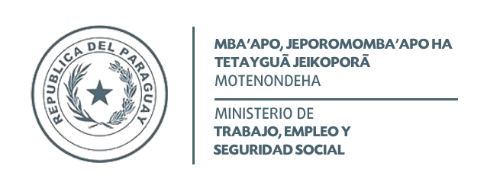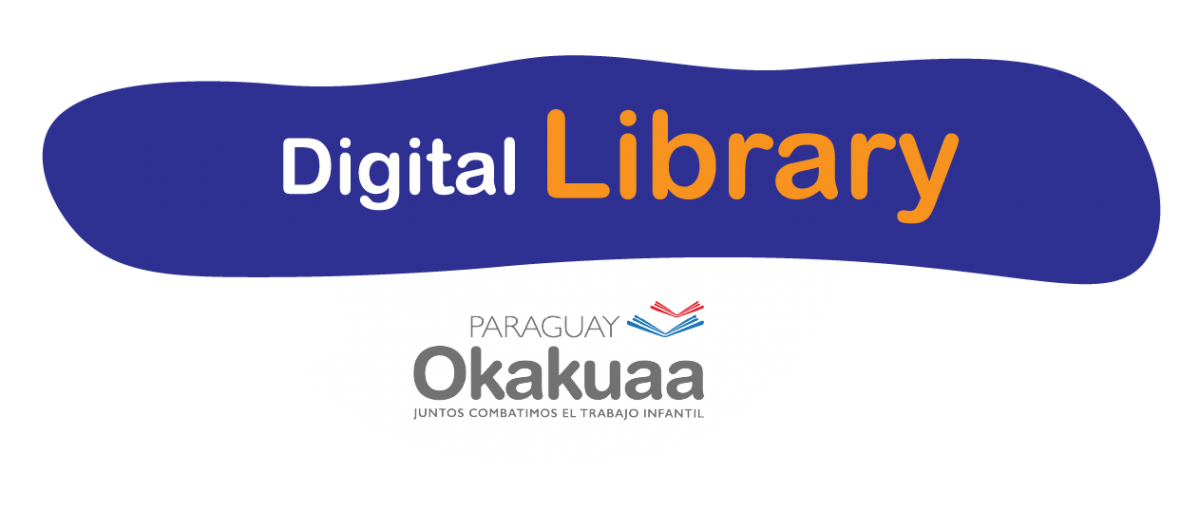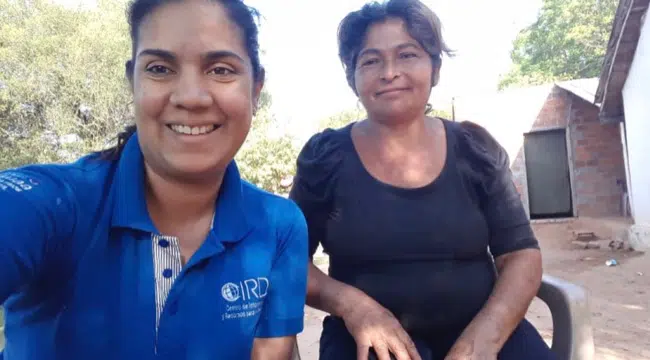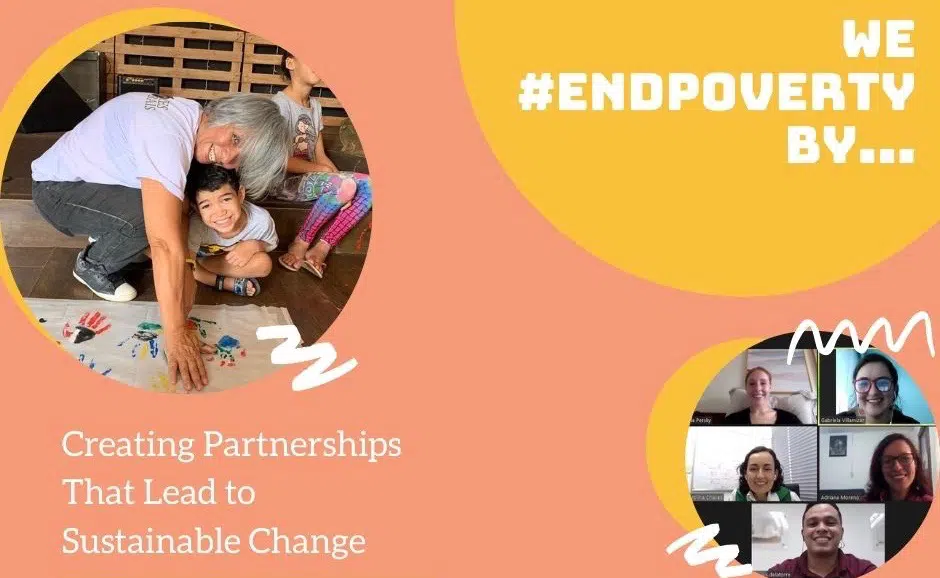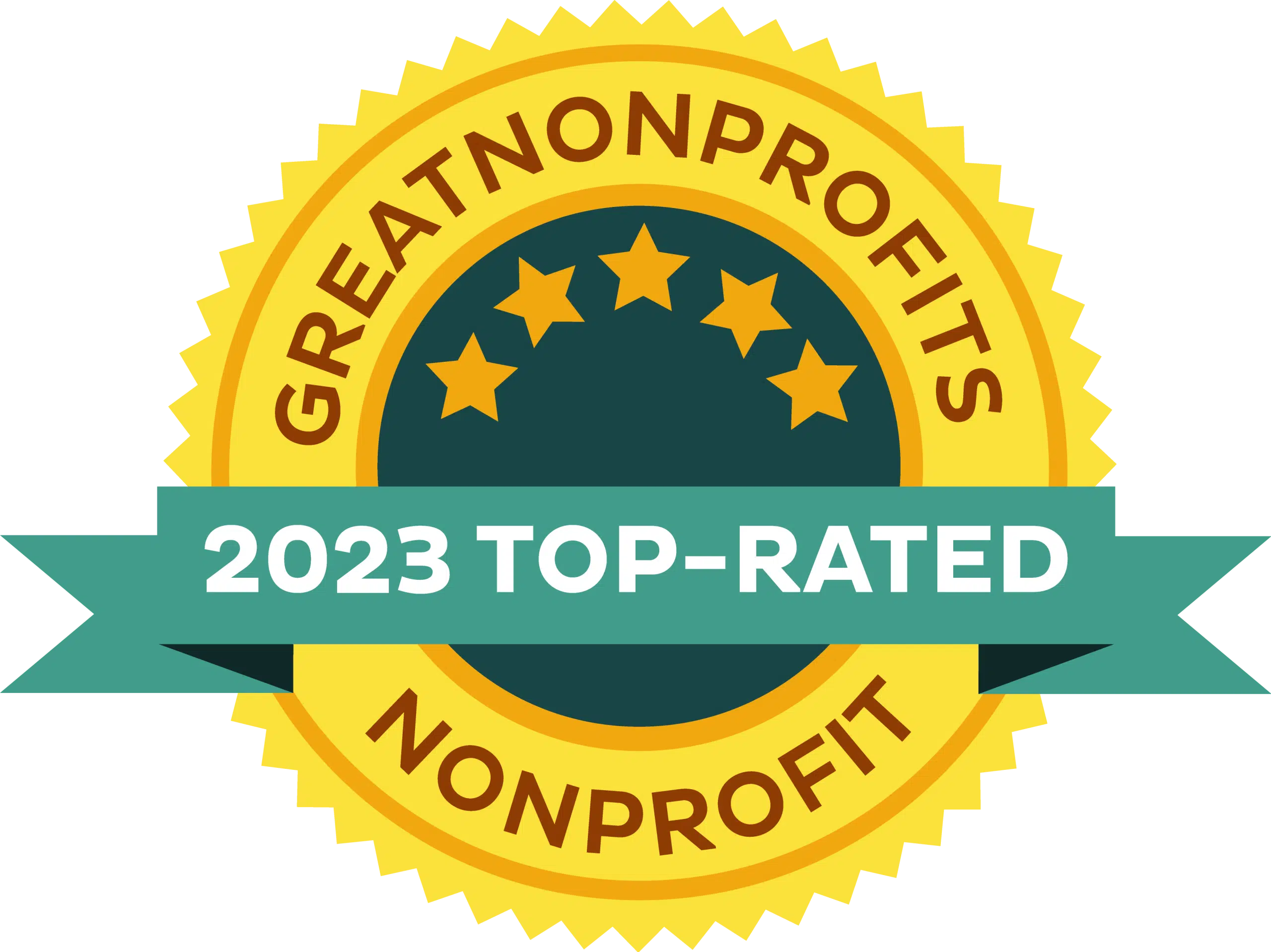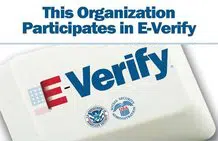Reducing Child and Forced Labor in the Palm Oil Sector
Palma Futuro is a project funded by the U.S. Department of Labor (USDOL) and implemented by Partners of the Americas and its partners, Social Accountability International (SAI) and J.E. Austin Associates (JAA).
Working closely with leading private sector partners in the palm oil sector, Palma Futuro aims to improve the implementation of social compliance systems that promote acceptable conditions of work and reduce child labor and forced labor in palm oil supply chains in Colombia and Ecuador. It will also disseminate best practices in social compliance systems in these and other palm oil-producing countries, particularly Brazil and Peru.
Palma Futuro is guided by two expected outcomes: 1) Strengthened capacity of private sector partners in the Colombian and Ecuadorian palm oil sector to implement a robust and sustainable social compliance system, and 2) Increased understanding, at regional and global levels, of promising practices in social compliance systems in palm oil supply chains.
A comprehensive and suitable social compliance system will be executed by three of the most prominent companies in the palm oil sectors of Colombia and Ecuador, BioCosta, Palmas del Cesar, and Danec. Palma Futuro will adapt and use resources developed under the Social Fingerprint Management Systems Program, a set of ratings, trainings, and tools developed by SAI that break down the management systems concept into component processes and five maturity levels. Modules in this program will include a self-assessment, independent evaluation, and improvement plan for each company.
Palma Futuro will conduct a study on the prevalence, nature, and risks of child labor, forced labor, and labor conditions in the palm oil sectors in Colombia and Ecuador and disseminate the targeted research. Additionally, implementing partner JAA will conduct a market analysis and a value-chain mapping to identify the value of labor compliance and promote the implementation of social compliance systems as an opportunity for improved economic performance. Ultimately, Palma Futuro will socialize three case studies prepared by JAA and disseminate best practices in social compliance in Colombia, Ecuador, Brazil, and Peru. This regional and global collaboration strategy will include participation in international forums, development of national workshops in the target countries, and knowledge management of lessons learned throughout the project.
Funding is provided by the United States Department of Labor under cooperative agreement number IL-32820-18-75-K. 100% of the total costs of the project is financed with federal funds, for a total of U.S. $6,000,000 dollars. This material does not necessarily reflect the views or policies of the United States Department of Labor, nor does mention of trade names, commercial products, or organizations imply endorsement by the United States Government.
7Private Sector Partners trained in components of Social Compliance Systems (SCS) and COVID-19
96Oil palm fruit suppliers trained in components of SCS and COVID-19
112Workers trained in components of SCS and COVID-19
36Communities reached with awareness activities on labor issues with a focus on COVID-19
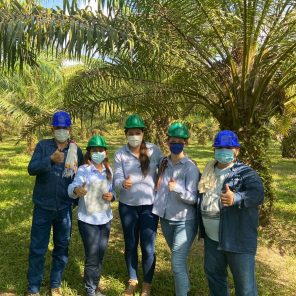
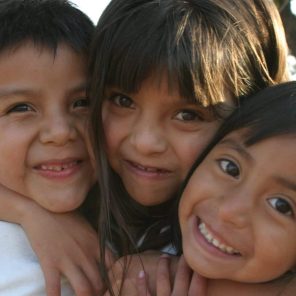
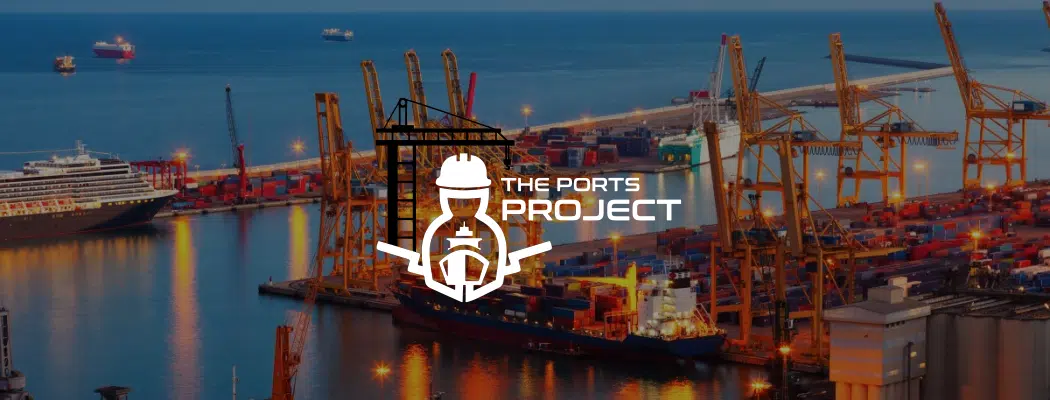
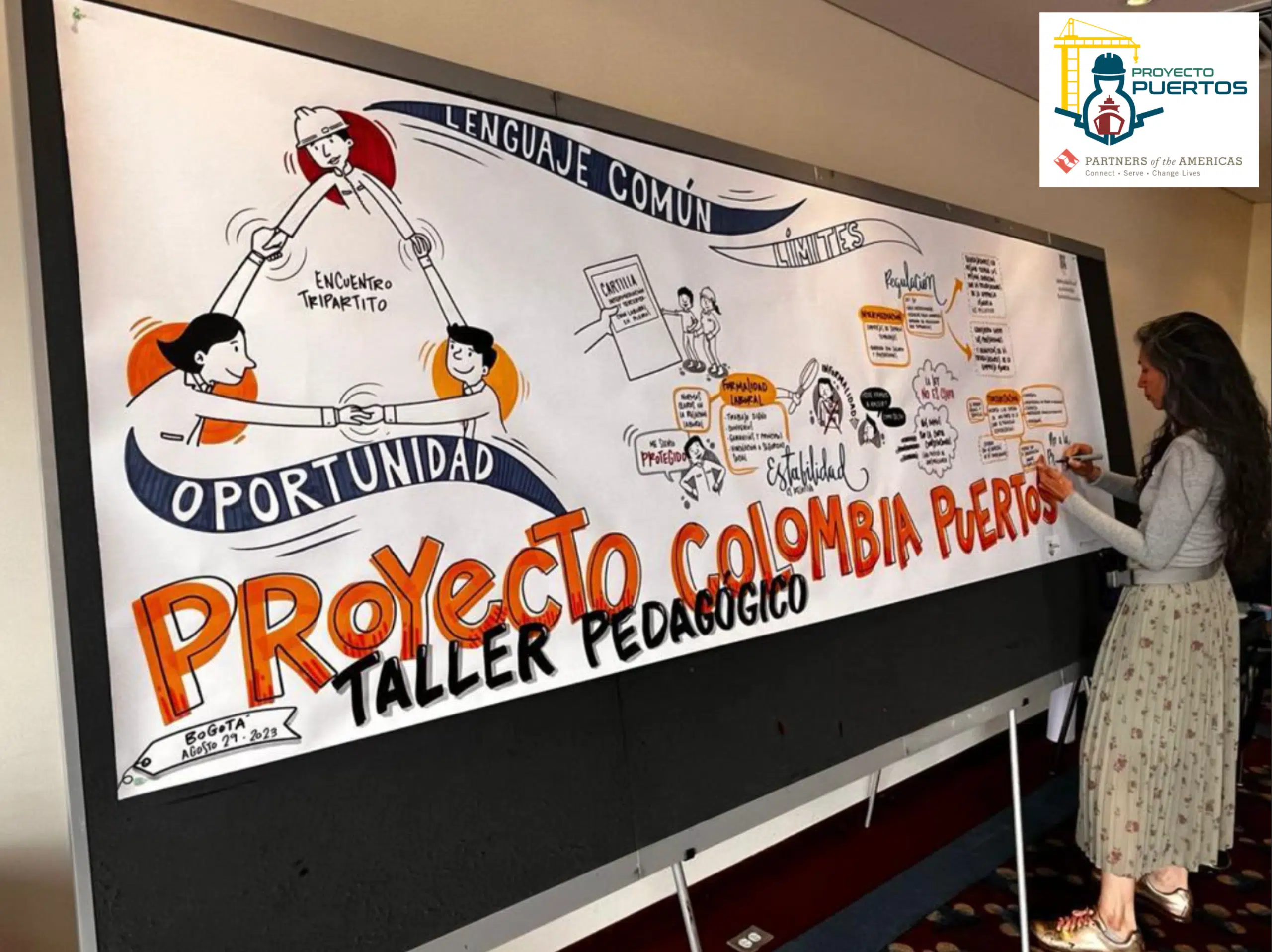
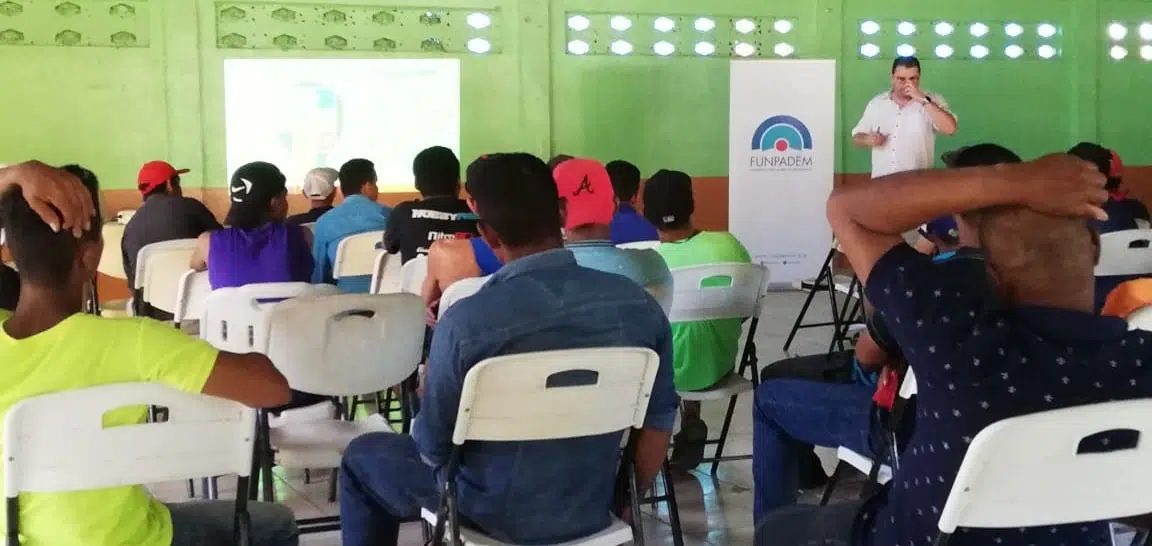

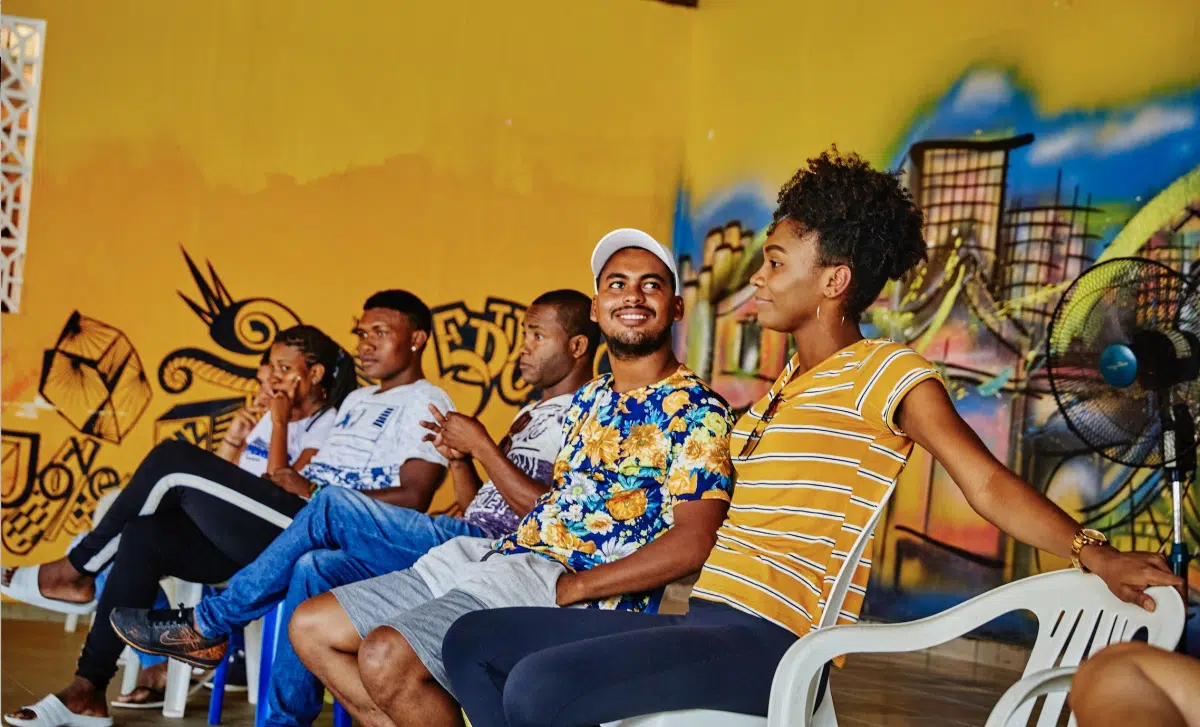
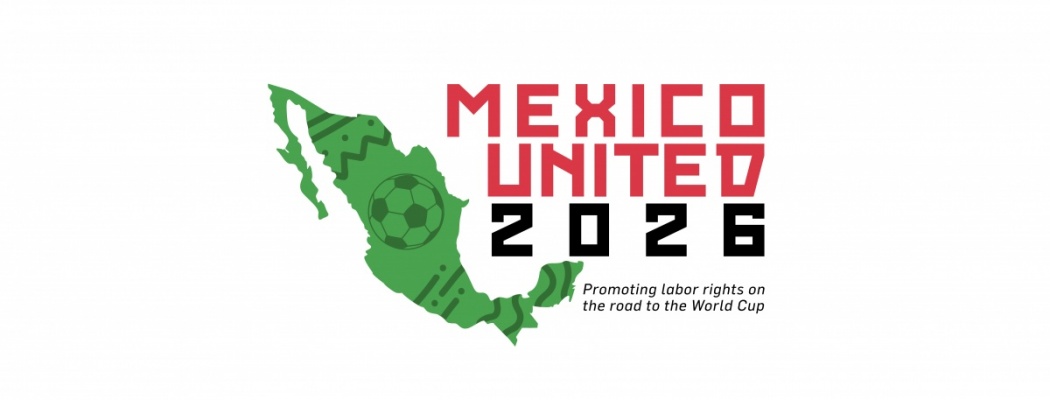
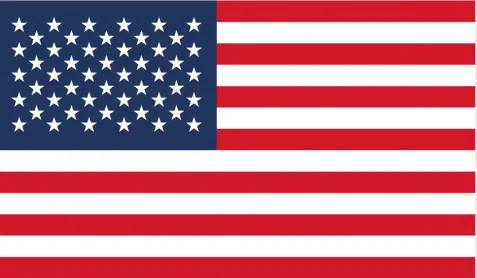
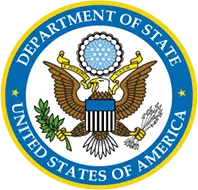
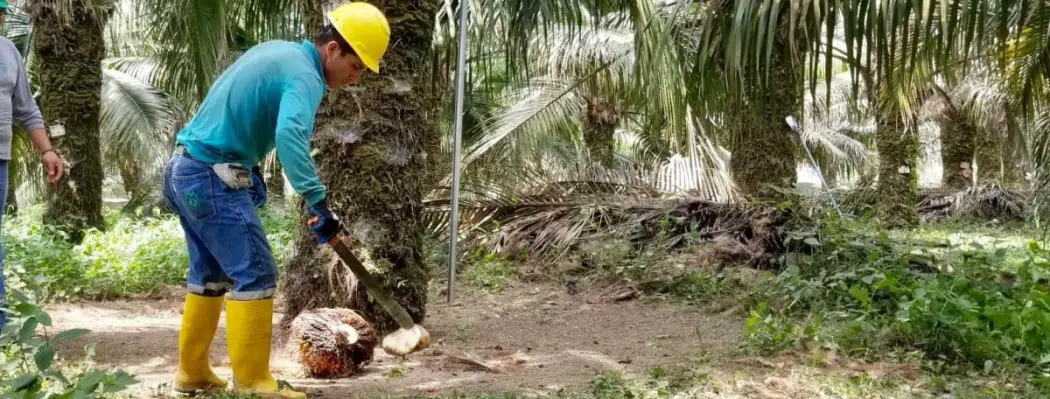
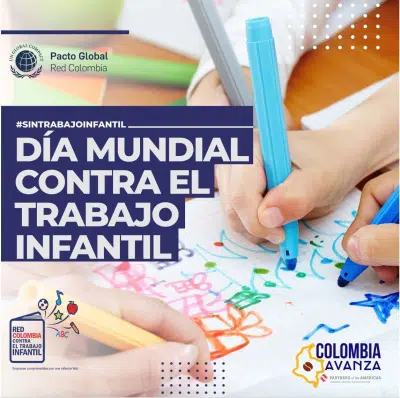
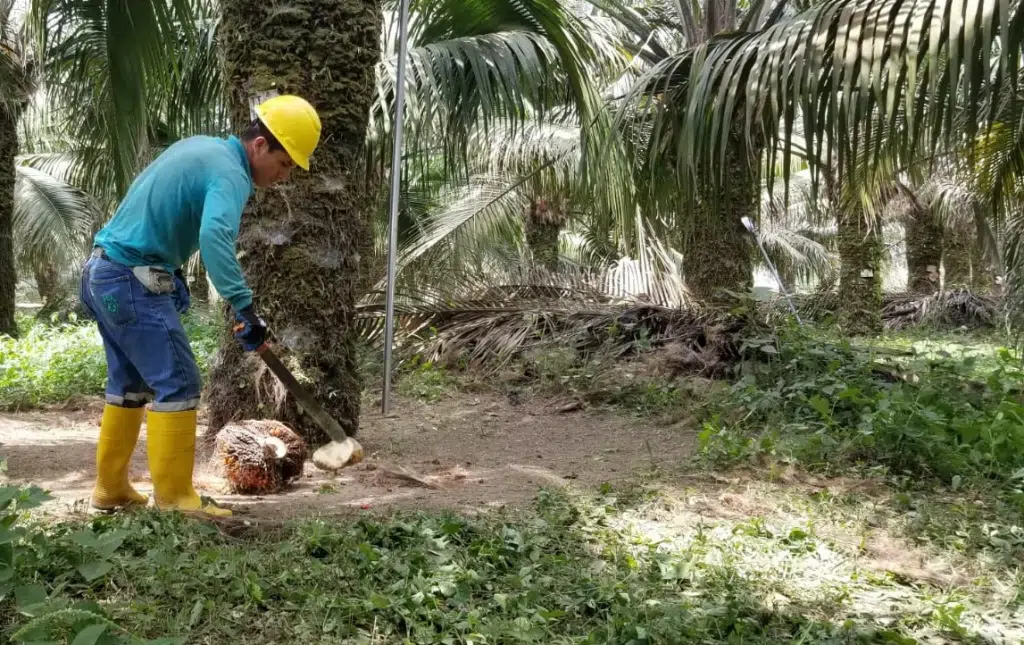

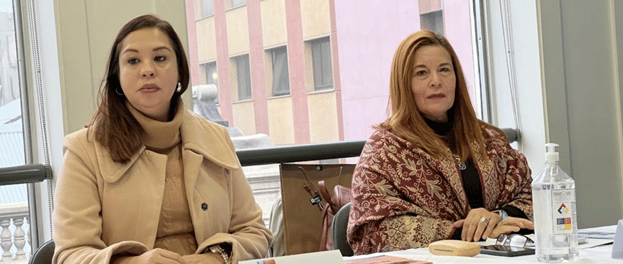
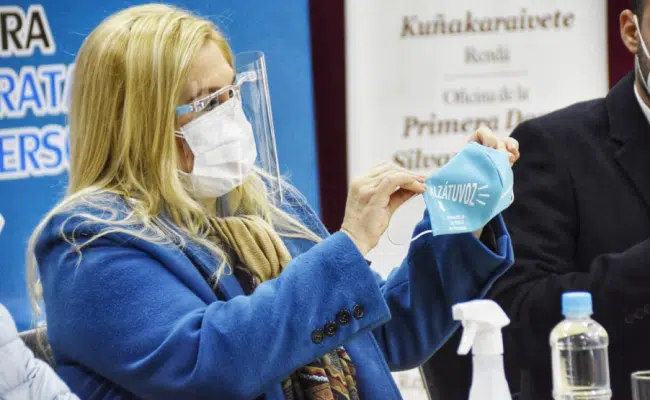
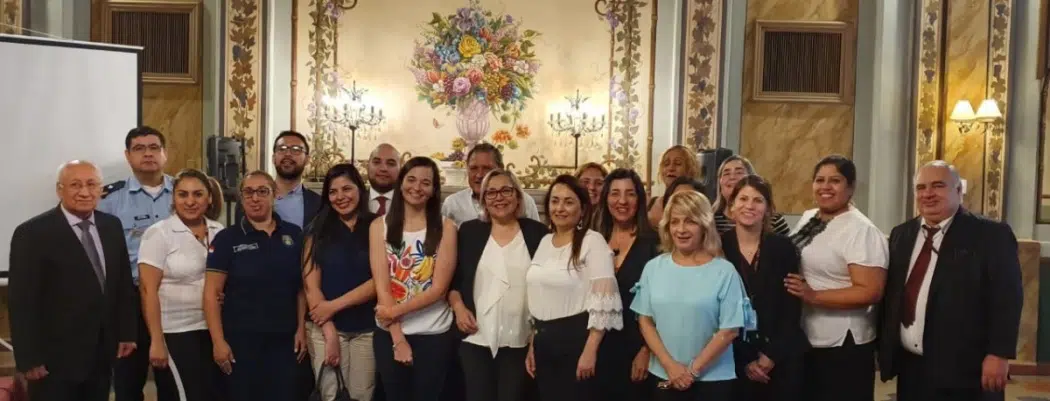

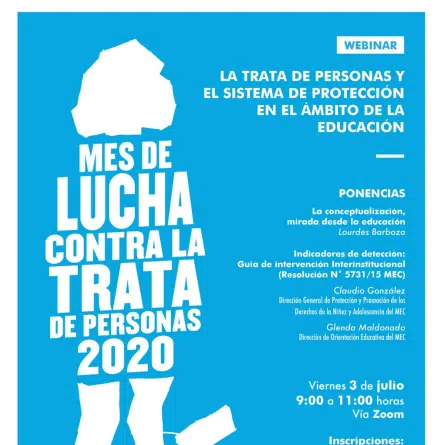
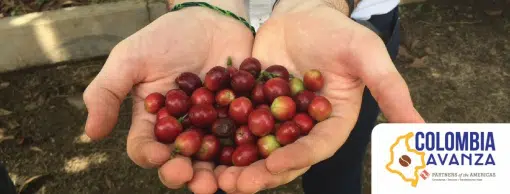
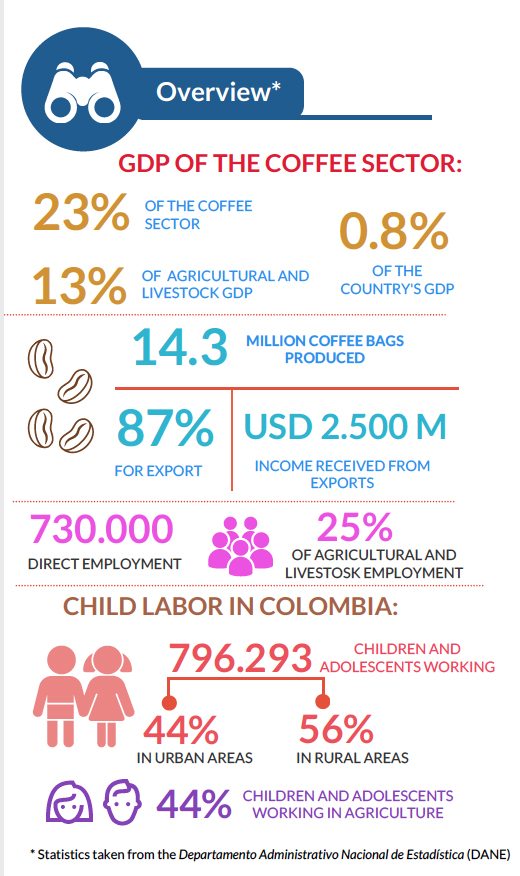
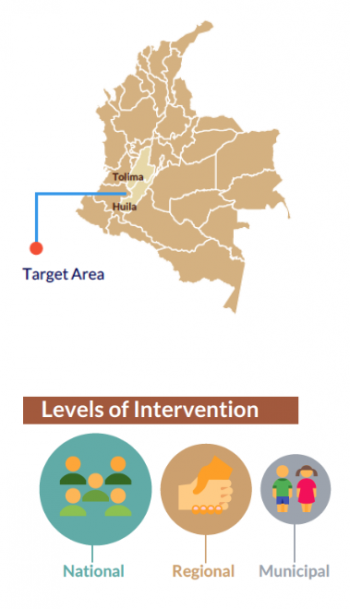


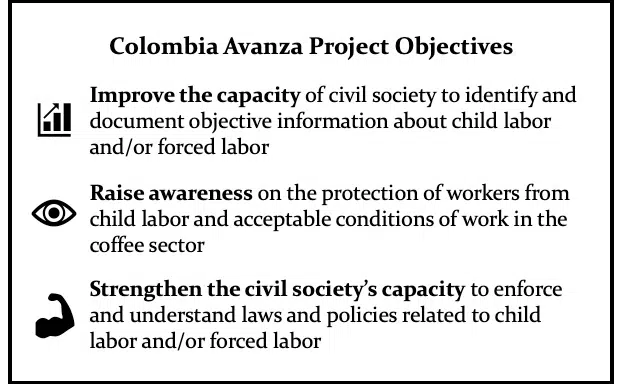

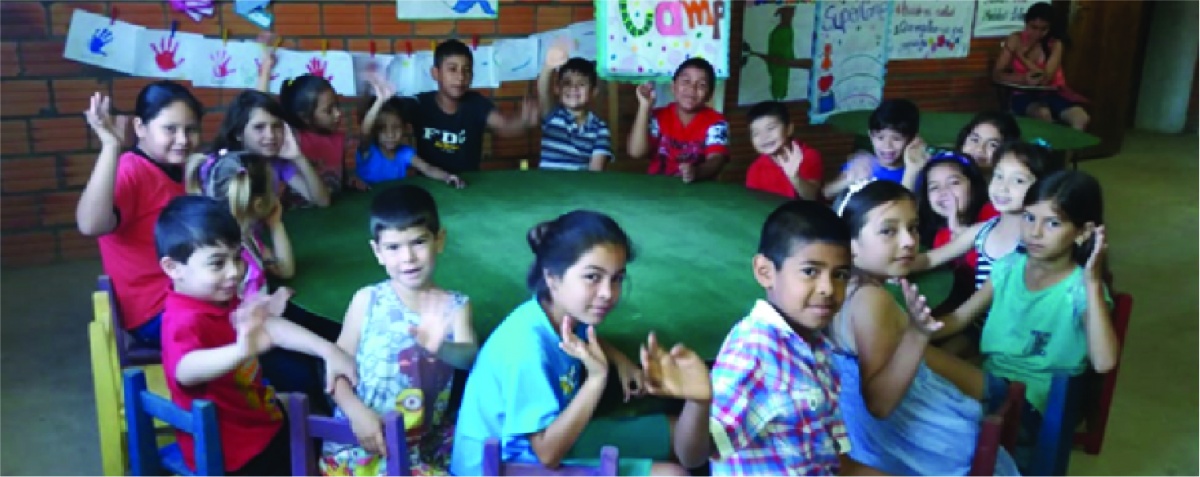 Combatting child labor in Paraguay.
Combatting child labor in Paraguay.